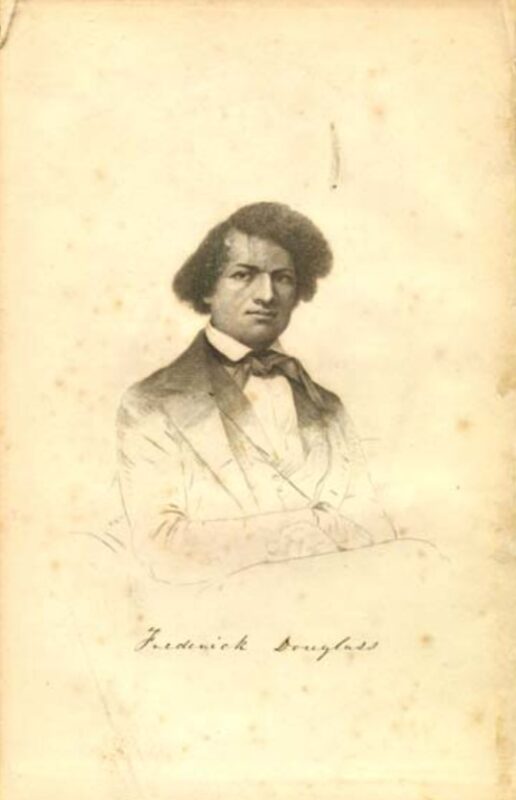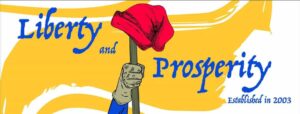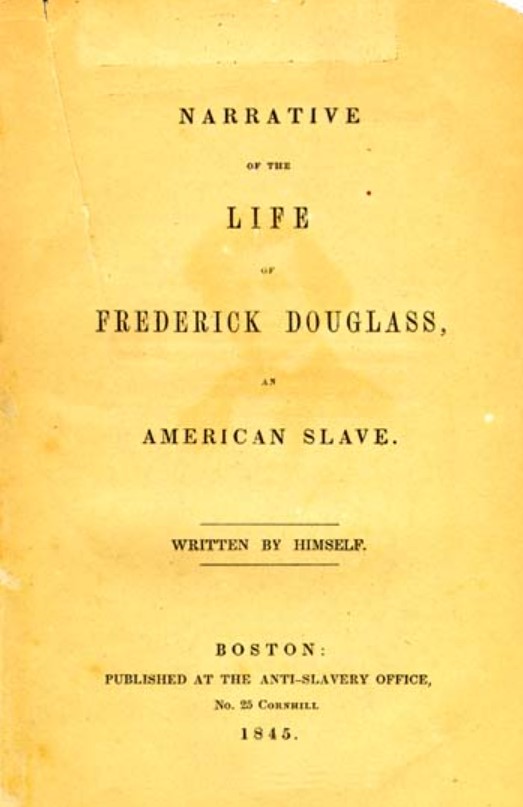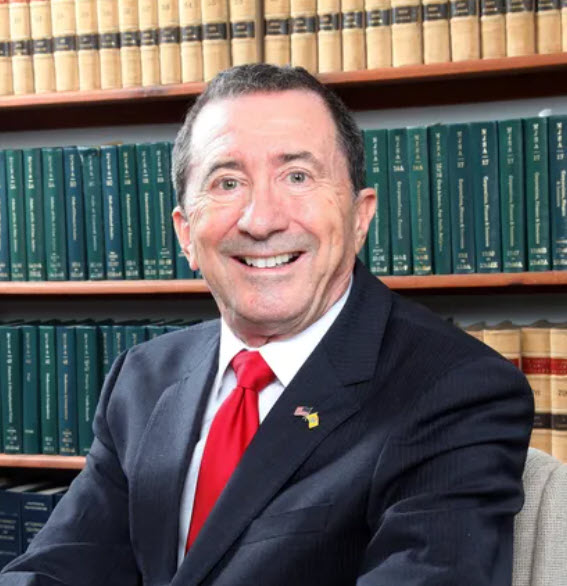From Narrative Of The Life of Frederick Douglass, A Slave. Published Boston, Mass., 1845.

Page 112
The impression which I had received respecting the character and condition of the people of the north, I found to be singularly erroneous, I had very strangely supposed, while in slavery, that few of the comforts, and scarcely any of the luxuries, of life were enjoyed at the north, compared with what were enjoyed by the slaveholders of the south. I probably came to this conclusion from the fact that northern people owned no slaves. I supposed that they were about upon a level with the non-slaveholding population of the south. I knew they were exceedingly
poor, and I had been accustomed to regard their poverty as the necessary consequence of their being non-slaveholders. I had somehow imbibed the opinion that, in the absence of slaves, there could be no wealth, and very little refinement. And upon coming to the north, I expected to meet with a rough, hard-handed, and uncultivated population, living in the most Spartan-like simplicity, knowing nothing of the ease, luxury, pomp, and grandeur of southern slaveholders. Such being my conjectures, any one acquainted with the appearance of New Bedford may very readily infer how palpably I must have seen my mistake.
In the afternoon of the day when I reached New Bedford, I visited the wharves, to take a view of the shipping. Here I found myself surrounded with the strongest proofs of wealth. Lying at the wharves, and riding in the stream, I saw many ships of the finest model, in the best order, and of the largest size. Upon the right and left, I was walled in by granite warehouses of the widest dimensions, stowed to their utmost capacity with the necessaries and comforts of life. Added to this, almost every body seemed to be at work, but noiselessly so, compared with what I had been accustomed to in Baltimore. There were no loud songs heard from those engaged in loading and unloading ships. I heard no deep oaths or horrid curses on the laborer. I saw no whipping of men; but all seemed to go smoothly on. Every man appeared to understand his work, and went at it with a sober, yet cheerful earnestness, which betokened the deep interest which he felt in what he was doing, as
well as a sense of his own dignity as a man. To me this looked exceedingly strange. From the wharves I strolled around and over the town, gazing with wonder and admiration at the splendid churches, beautiful dwellings, and finely-cultivated gardens; evincing an amount of wealth, comfort, taste, and refinement, such as I had never seen in any part of slaveholding Maryland.
Every thing looked clean, new, and beautiful. I saw few or no dilapidated houses, with poverty-stricken inmates; no half-naked children and barefooted women, such as I had been accustomed to see in Hillsborough, Easton, St. Michael’s, and Baltimore. The people looked more able, stronger, healthier, and happier, than those of Maryland. I was for once made glad by a view of extreme wealth, without being saddened by seeing extreme poverty. But the most astonishing as well as the most interesting thing to me was the condition of the colored people, a great many of whom, like myself, had escaped thither as a refuge from the hunters of men. I found many, who had not been seven years out of their chains, living in finer houses, and evidently enjoying more of the comforts of life, than the average of slaveholders in Maryland. I will venture to assert that my friend Mr. Nathan Johnson (of whom I can say with a grateful heart, “I was hungry, and he gave me meat; I was thirsty, and he gave me drink; I was a stranger, and he took me in”) lived in a neater house; dined at a better table; took, paid for, and read, more newspapers; better understood the moral, religious, and political character of the nation,–than nine tenths of the slaveholders in Talbot county, Page 115 Maryland. Yet Mr. Johnson was a working man.
Click Here For Complete Online Edition of Frederick Douglass Autobiography of 1845.


